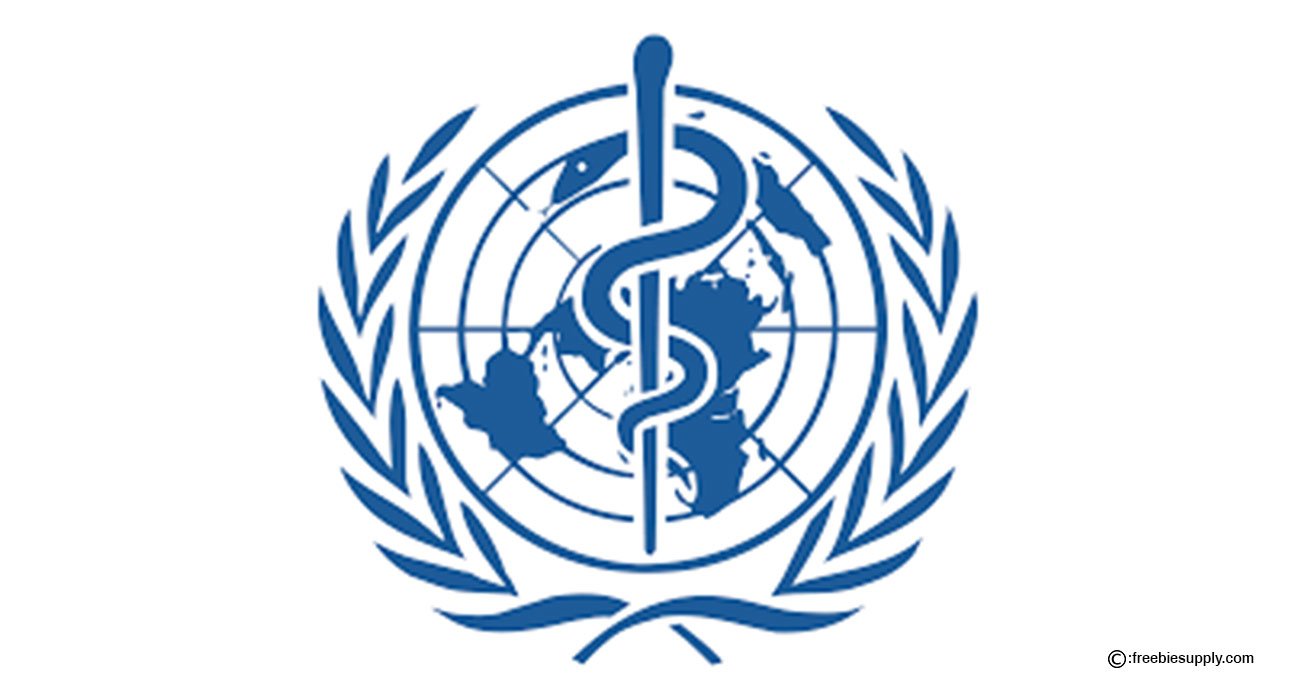A recent report released on 28th February 2024 by Ms. Saima Wazed, the Regional Director of Southeast Asia for the World Health Organisation (WHO) has called for the deinstitutionalization of mental health care for people with mental illnesses in South East Asian countries and shifting focus to community-based care. This affects all those struggling with mental health in these regions, the prevalence of which, according to data gathered in 2019, happens to be 13.7% which is an exceptional increase of 12.9% from 2000.
Mental health has been intertwined with institutional care since the very beginning. In India, the advent of lunatic asylums came with the British which aimed at segregating and isolating those struggling with mental illnesses. The first mental asylum in the world was established in Nottinghamshire after the 1808 County Asylums Act. As suggested by the recent WHO report, while the motive behind institutionalization had changed to provide psychiatric and psychological care to mental health patients besides segregating them, the institutions are still fraught with human rights violations and abuse.
Read More: Lack of Coordination Sends Mental Health Patients Back to Hospitals: Bombay High Court
Issues with Institutionalisation In South-East Asian Region
As stated before, institutionalization has been the primary course of action for providing mental health patients with care. Looking at countries of Bangladesh, Indonesia, India, Myanmar, Thailand and Sri Lanka, you can see that asylums established in the 19th and 20th centuries have become the primary care providers for mental health patients. The Regional Director is now calling out the issues intrinsic to the institutionalization:
- About a 95% treatment gap exists in mental patients in this region with approx 2,00,000 suicides every year and a lesser life expectancy for those dealing with mental disorders.
- During colonial times, asylums in India were used to discredit any opposition by labelling them mentally unfit and isolating them by having them admitted.
- Government expenditure on mental health services in all these countries amounts to a very small proportion of total health expenditure.
- Issues of overcrowding, patients staying even after having recovered, and violations of human rights have been quite prevalent.
- In general, institutionalization only aggravates the stigma against people with mental health concerns.
Policies Working Towards Deinstitutionalisation
Deinstitutionalization has been supported for decades given the complicated history that contributes to the continued institutionalization of mental health services. Let us take a look at certain such policies which have been pushing for deinstitutionalization.
- The Convention on the Rights of Persons with Disabilities as introduced by the United Nations in 2006 recognised that people with psychosocial disabilities also had a right to live with their community by other human rights. This has been seen as a major force in advocating for community-based care.
- The PARO Declaration of 2022 was adopted by Member States of the South-East Asian Region of WHO. This declaration called to promote mental health in these regions by asserting that “there is no health without mental health”. They insisted on increasing investment in mental health services as well as focusing on promoting services at the primary care level.
- Mental Health Action Plan 2023-2030 was devised for the WHO region of South-East Asia following the PARO Declaration. This included comprehensive plans for treatment such as mental health and social services in community-based settings.
- Articles 12, 14 and 19 of UNCRPD (United Nations Convention on the Rights of Persons with Disabilities) emphasize the equality of all individuals before the law, the right to liberty, and security, and the right to live independently and participate in their communities respectively.
- New guidelines adopted by the Committee on the Rights of Persons with Disabilities of the United Nations Commission on Human Rights (UNHCR) in September 2022 asserted for complete deinstitutionalization including in times of emergency. This includes the abolishment of all institutions with no new replacements and the stopping of all investment in institutions.
If not institutionalization, then what?
Community-Based Strategies: What and Why?
“Transitioning from long-stay tertiary psychiatric institutions to community-based care is beneficial for both individuals and society at large.” says Ms. Wased. Community-based care for mental health patients shifts the focus to the community as the primary caregiver. It recognises the need to promote engagement in vocational and social activities for mental health patients rather than isolating and villainising them. We have highlighted further benefits below.
- Sense of Independence. Community-based care helps individuals take charge of their betterment. This instils them with a sense of independence, free will and freedom.
- Quality Of Life. Given the poor conditions of asylums, the quality of life was never the first priority. Community-based care would provide individuals with a better quality of life with increased personal autonomy.
- Early Identification. Community-based care can be especially helpful in the identification of mental health disorders within its early stages when it is easier to treat them and provide better rehabilitation.
- Reducing Stigma. Such care would enable people to get in direct contact with people with mental illnesses which would reduce the stigma that surrounds mental illness and people who struggle with them.
- Develop A Stronger Network of Caregivers. Such sort of care will empower people and mental health professionals with knowledge and ways of providing care to such individuals. It will foster empathy as the community moves forward as one. The promotion of social and vocational activities will help people become more easily assimilated into the community as they recover.
Read More: Addressing Mental Health Stigma and Its Impact on Society
References +
- Healthier Populations & Non-Communicable Diseases. (2024, February 28). Deinstitutionalization of people with mental health conditions in the WHO South-East Asia Region. https://www.who.int/publications/i/item/9789290211211
- Asia, S. R. O. F. T. S. E. (2022, September 9). PARO declaration by the health ministers of Member States at the seventy-fifth session of the WHO Regional Committee for South-East Asia on universal access to people-centred mental health care and services. https://www.who.int/publications/i/item/sea-rc75-r1
- Self-Concept and the Institutionalization of Mental Patients: An Overview and critique on JSTOR. (n.d.). www.jstor.org. https://www.jstor.org/stable/2136547
- Daund, M., Sonavane, S., Shrivastava, A., Desousa, A., & Kumawat, S. (2018). Mental Hospitals in India: Reforms for the future. Indian Journal of Psychiatry, 60(6), 239. https://doi.org/10.4103/psychiatry.indianjpsychiatry_434_17













Leave feedback about this